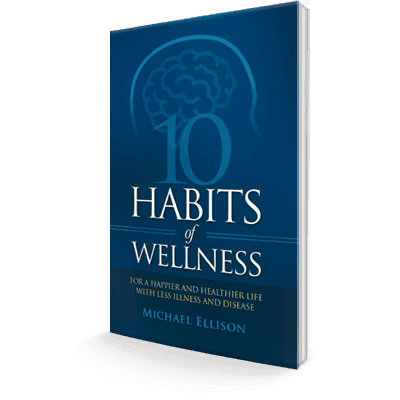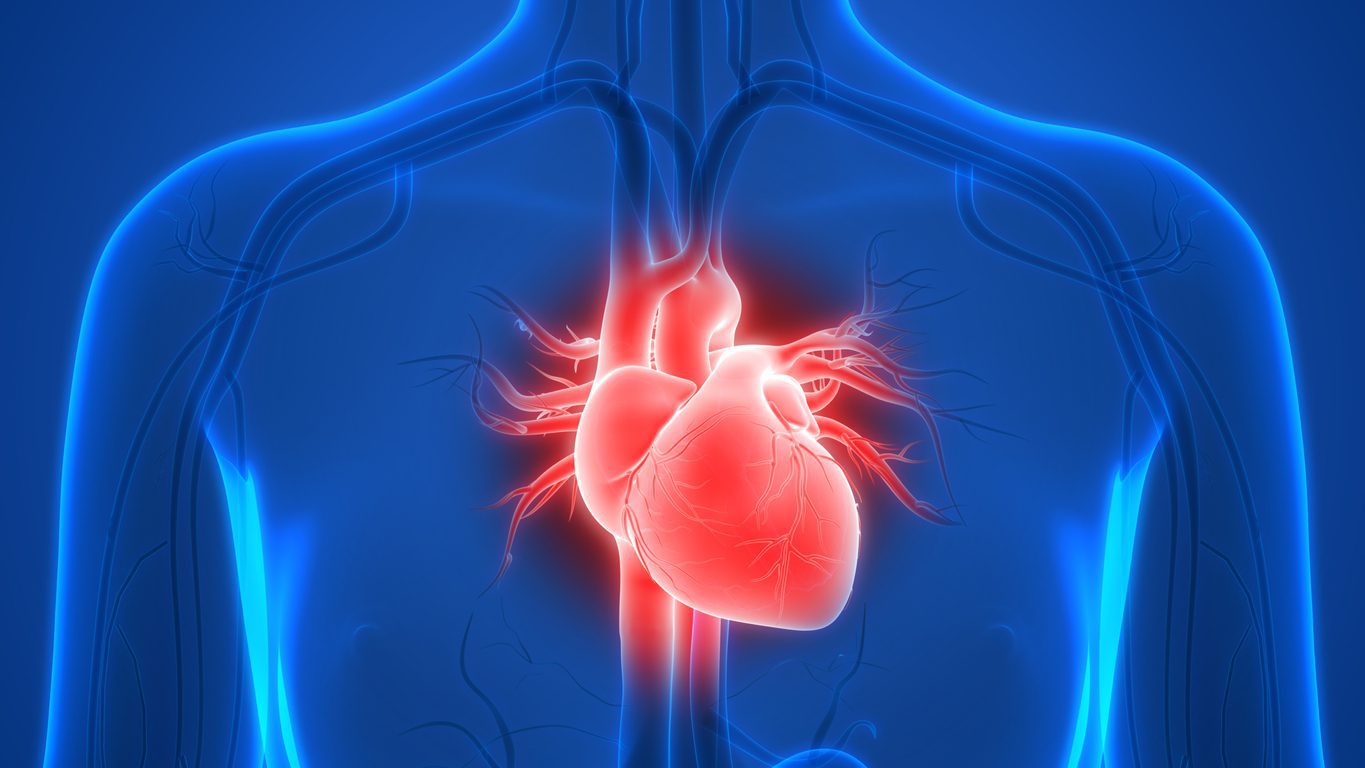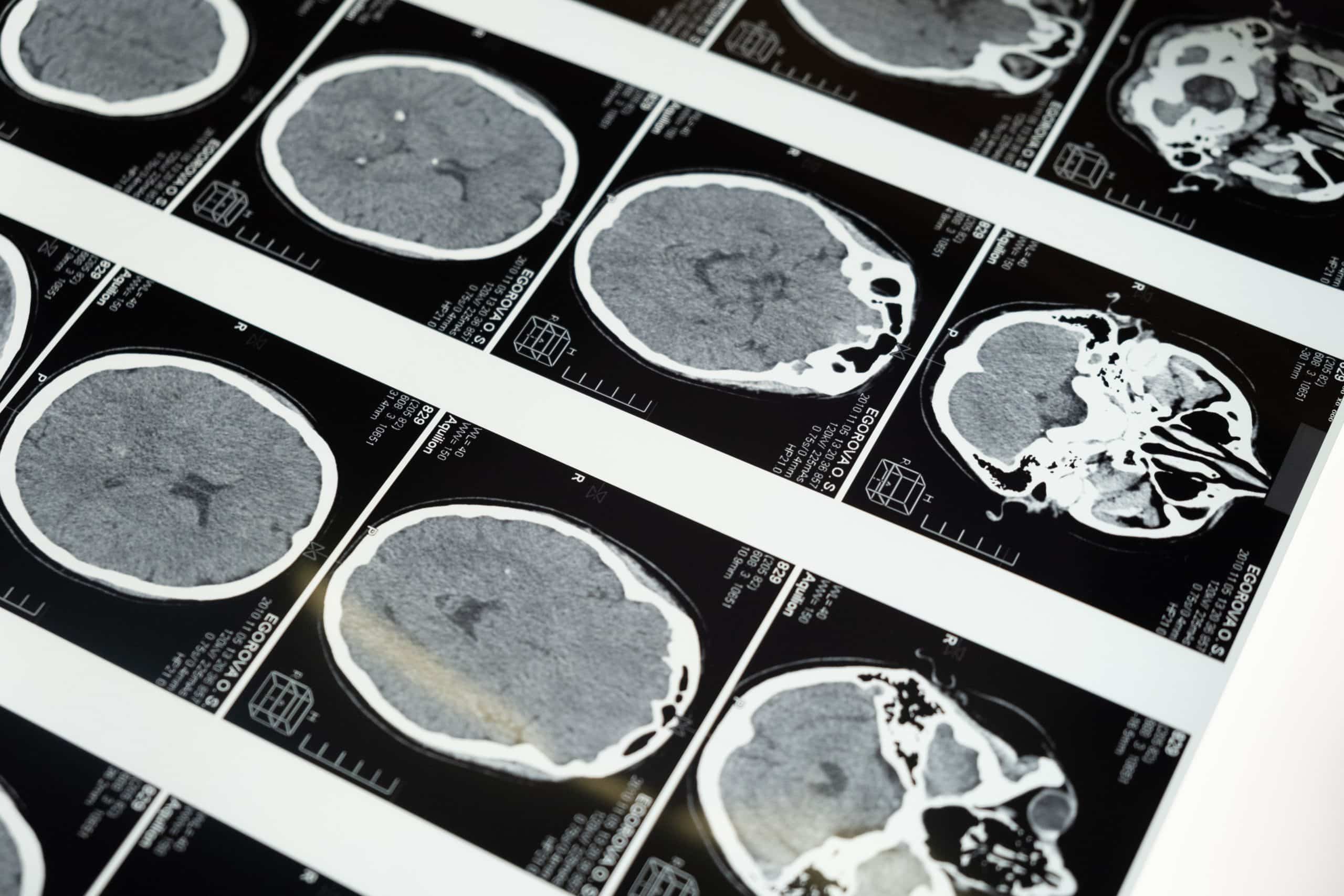A growing number of experts agree that omega-3 fatty acids affect almost every body system.
Research has documented the connection between omega-3s in several neurological and psychological conditions. A recent study found a correlation between omega-3 fatty acids that are related to an increased risk in Alzheimer’s.
How to get your omega-3s
The Harvard Medical School Guide, Understanding Inflammation, suggests a few specific foods that provide healthy doses of omega-3 fatty acids, which have long been shown to reduce inflammation:
- Olive oil
- Flaxseed oil
- Fatty fish (salmon, sardines and mackerel)
The National Institutes of Health says that omega-3 fatty acids affect almost every body system and numerous health conditions. Some of the interest in omega-3s is traced back to observations that Greenland Inuit people (who have a high diet in fish oils) have lower serum cholesterol, triglycerides and low-density lipoprotein (LDL) than might be expected.
Evidence has been mounting over recent years for the positive effects on various disease processes and risk factors. Let’s look at a few of the areas positively affected by omega-3 intake, including brain health:
- Neurological and psychological conditions: The relationship between omega-3 intake and these conditions is grounded in known aspects of brain and neuron physiology. Adequate omega-3 intake seems to help prevent cognitive decline in people’s middle and later years.
Omega-3 fatty acids have also been studied in the context of attention deficit and hyperactivity disorder (ADHD), autism and depression. They have found that some children respond to omega-3 supplementation.
- Cardiovascular: Perhaps the most well-known effects of omega-3s are on the cardiovascular system (CS). And dietary fish consumption and fish oil supplementation have been studied on coronary artery disease (CAD), arrhythmias, heart failure, and hypertension.
- Ophthalmological: Dietary intake of omega 3s may benefit age-related macular degeneration (AMD) and dry eye syndrome. In fact, several studies have shown a decreased risk of AMD when people ate fish two or more times per week.
And people with dry eye syndrome (DES) are linked to a decreased dietary intake of omega-3s or a high ratio of dietary omega-6.
- Other Body Systems: Additionally, there are even more health conditions and body systems affected by dietary intake of omega-3 fatty acids to include dermatological (skin conditions), and arthritis and joint health.
Add omega-3s to your diet today!
If you would like to add an extra measure to ensure you get the omega-3 fatty acids your body needs, please consider our [TVBLOGCOPY]Omega3 Prime[/TVBLOGCOPY][MWSBLOGCOPY]Omega3 Prime[/MWSBLOGCOPY] supplement. You can also stack up on VitaPoints!
Click here to read the full article by the National Institutes of Health.












